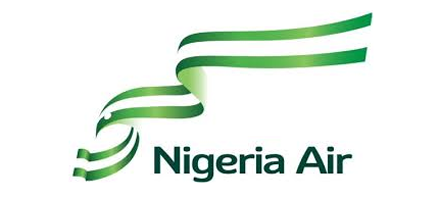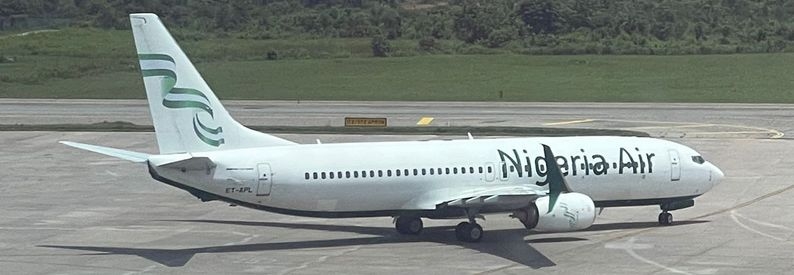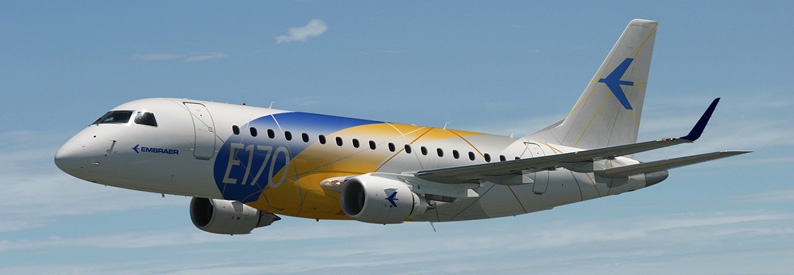Nigeria's proposed new flag carrier is not expected to take off before the end of 2027, according to Aviation and Aerospace Development Minister Festus Keyamo, who said the government would only back credible, private-sector-driven proposals that serve the country’s best interests.
Keyamo told Nigeria's Daily Independent that while discussions are underway with potential investors, the timeline for launching a new national airline depends on the quality of proposals received. "It depends on the type of proposals we receive and how good those proposals are," he said. "Currently, we are getting some proposals and when we think they are good enough for us, then we will consider it."
He emphasised that the proposed carrier would be established with full transparency and in line with global best practices, adding that the federal government would not invest public funds in the project. "It is a national carrier because it’s our heritage. We are giving it out. We are selling the name and our roots, just like British Airways is not necessarily owned by the British government," he explained.
Former Presidential Advisory Committee Against Corruption chairman Itse Sagay warned that any revival must avoid the mismanagement and indiscipline that doomed Nigeria Airways (Lagos) "The usual Nigerian tendency of abusing opportunities killed that airline," he claimed. "If the federal government wants to establish a new national carrier, it is a good idea, but I hope indiscipline will not destroy that effort." Nigeria Airways was liquidated in 2004 after decades of decline.
"The people running it turned it into a personal institution which they abused," Sagay explained. "They travelled on it freely with their girlfriends, family friends, and also flouted its operational laws such as sticking to departure time. They wouldn’t allow the plane to depart at the right time because one big man who was supposed to go with it was not ready."
National debate in Nigeria about reviving a flag carrier model previously focused on shared ownership between the government and private investors.
The previous iteration, Nigeria Air (Lagos), was structured as a public-private partnership involving the federal government holding a minority 5% equity stake, with Ethiopian Airlines as the major partner. However, the project was scuppered by an antitrust lawsuit filed by domestic private carriers that stalled its progress, while a change in government turned against the Ethiopian involvement. Former aviation minister Hadi Sirika denied the widely circulated notion that billions were wasted.


